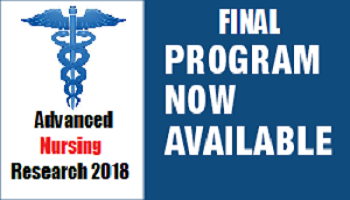
Biography
Biography: Sam Gormley
Abstract
The objective of this research was to explore how frontline health practitioners, namely nurses, perceive and practice the medical assistance in dying (MAiD) policy enacted June 2016 in Canada. Furthermore, this study investigates how perceptions, biases, and beliefs may influence practitioners' communication with patients, families of patients, and other practitioners. Nurses were surveyed regarding their professional or personal experience with MAiD, illuminating several factors that influence nurses’ participation and support during the MAiD process. This research helps to address gaps in the literature concerning Canadian health practitioner attitudes, practice and behaviours relevant to MAiD.
This study employs a multi-method approach, using online surveys and follow-up interviews. The participants are practicing, retired, and student nurses from primary care facilities and accredited nursing programs. The participants comprise a small convenience sample of Canadian nurses.
Preliminary findings suggest that the variables that influence practitioner's support for and engagement with MAiD are complex and intersecting. These early findings support extant literature, suggesting that personally held beliefs and values have a perceived impact on practice and engagement with MAiD.
It is hoped that these findings can inform directions for future research as well as contribute to the currently small but growing body of literature informing best practice for health care practitioners involved in end-of-life-care. It is anticipated that the findings of this study will contribute to a description of how Canada's MAiD policy translates into practice in a clinical setting, with an emphasis on the involvement of nurses.

